Call for papers:
Media Representations of ‘Antisocial Personality Disorder’
Wednesday, 16th September 2015
Bournemouth University
ESRC Seminar Series: Cross Disciplinary Perspectives on ‘antisocial personality disorder
This day-event is being organised as part of the ESRC sponsored seminar series ‘Cross Disciplinary Perspectives on antisocial personality disorder’ (aspd-incontext.org) and is being run in association with the Faculty of Media and Communication at Bournemouth University and the ‘Media and the Inner World’ research network.
We are using ‘Antisocial personality disorder’ as a shorthand for a range of labels used to describe individuals who seem to act in very antisocial ways but who otherwise appear to have a clear understanding of the world. A central thesis of this series is that the kinds of difficulties that are likely to involve the use of labels like ASPD need to be understood within broader historical, cultural and socio-political contexts than many psychological and psychiatric constructs allow.
This event is designed to explore the ways in which the meanings of ASPD have been shaped by the representations of ‘antisocial’ or ‘deviant’ identities in wider culture – in art, literature, film, television and news media. One can find such representations in classic literary depictions of antiheroes like Heathcliff in Emily Brontë’s Wuthering Heights or Camus’s L’etranger. Lionel Shriver’s 2003 novel and later film adaptation, We Need to Talk about Kevin provides a more contemporary example of a portrayal of an antisocial individual that provoked discussion about the gendered dynamics of the family and maternal ambivalence. Cinematic representations of psychological disturbance can be found in the ‘outsider’ despair and destructiveness of Travis Bickle in Taxi Driver (Scorsese, 1976), or in representations of jealous women in films such as Fatal Attraction (Lyne, 1987) or Gone Girl (Fincher, 2014). On TV, the proliferation of forensic detective dramas such as CSI (CBS, 2000) or legal dramas such as Silk (BBC1, 2001), often trouble the boundaries of ASPD and its meanings as a psychological condition.In news media, representations of mental health are also widespread in efforts to understand the subcultural shaping of individuals such as Dylann Roof, Timothy McVeigh, Mohammad Sidique Khan and others committing acts of ‘terror’.
Whilst such images contribute to the cultural shaping of ASPD, they in turn can have influence on legal and psychiatric debates about the nature of dangerous individuals. As the role of Taxi Driver in the trial of John Hinckley (who attempted to assassinate Ronald Reagan) illustrated, the interaction of media, psychiatry and law can be very direct and can have powerful implications. It is important therefore to explore the ways in which images of ASPD in popular culture also influence the fields of forensic psychotherapy, psychiatry and the law.
We are therefore inviting submissions from people who have an interest in media representations of ‘antisocial personality disorder’ and their significance to psychiatry and socio-legal contexts.
As this is sponsored by the ESRC we be able to pay modest travel and accommodation costs for speakers.
If you are interested in contributing, please send a 300 word abstract to:
· Dr David W Jones, Reader in Psychosocial Studies, University of East London (d.jones@uel.ac.uk)
Closing Date: 7th August (we will let people know soon after)
The organisers
· Dr David W Jones, Reader in Psychosocial Studies, University of East London (d.jones@uel.ac.uk)
· Dr Chris Scanlon, Group Analyst and Principal Lecturer in Psychosocial Studies, University of East London. (c.scanlon@uel.ac.uk)
· Professor David Gadd (University of Manchester)
· Candida Yates, Professor of Culture and Communication, Faculty of Media and Communication, Bournemouth University (cyates@bournemouth.ac.uk).
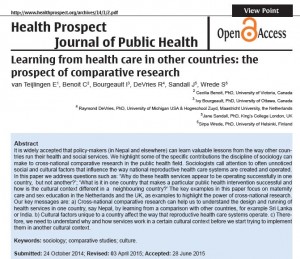

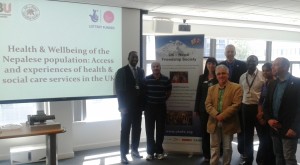
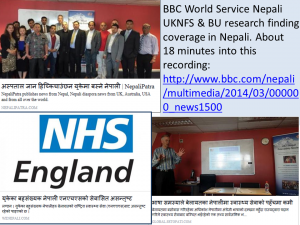 uth Asian and broader Black & Minority Ethnic (BME) communities in the UK.
uth Asian and broader Black & Minority Ethnic (BME) communities in the UK.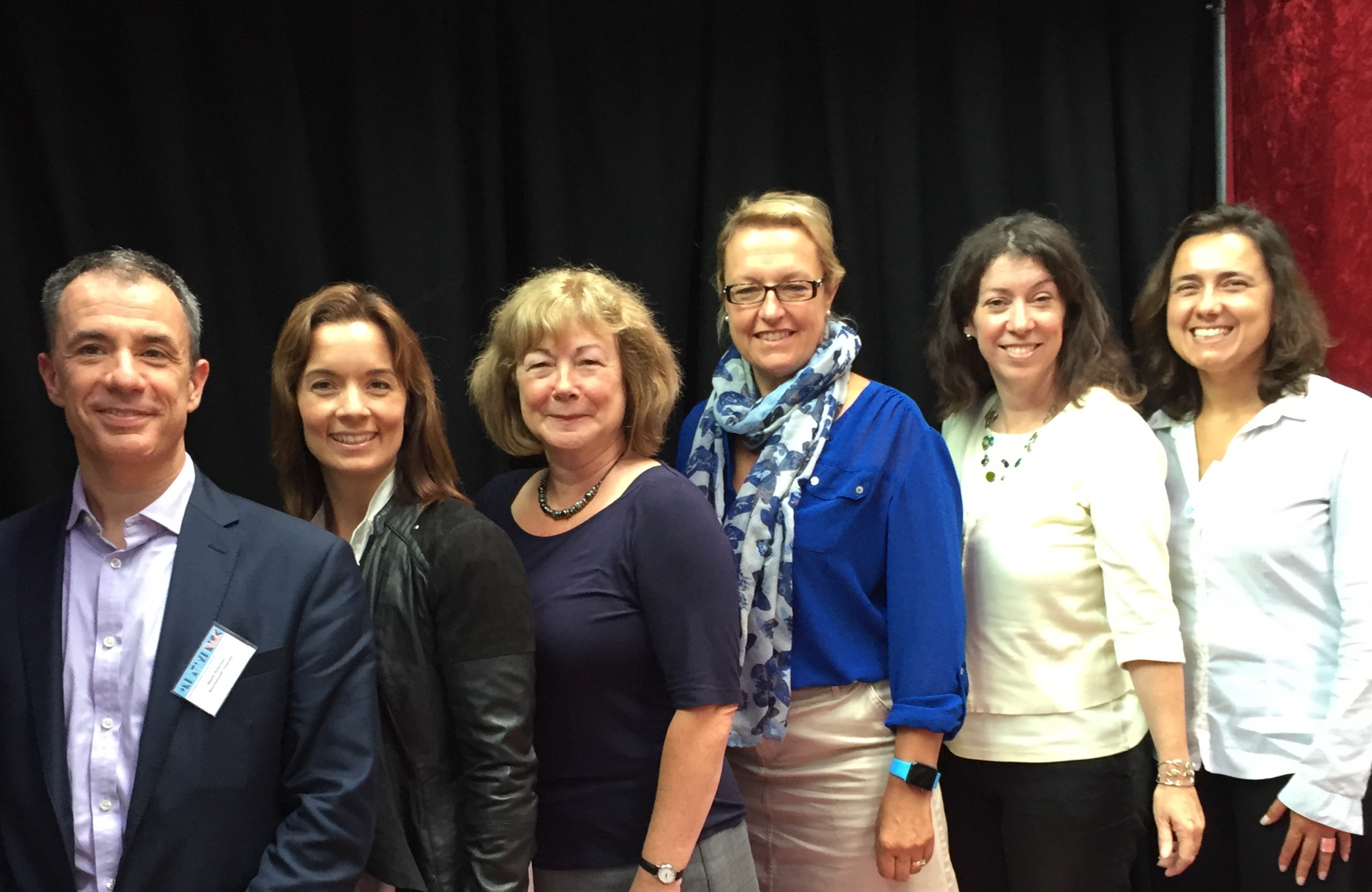
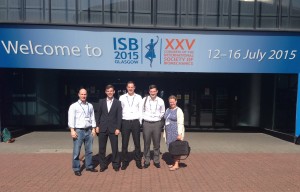

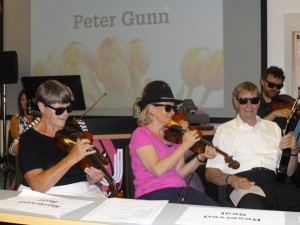
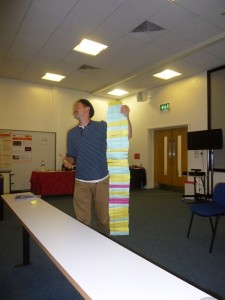


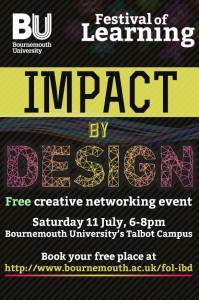

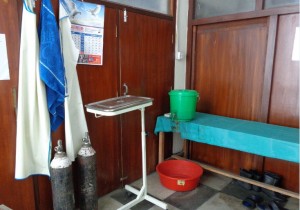
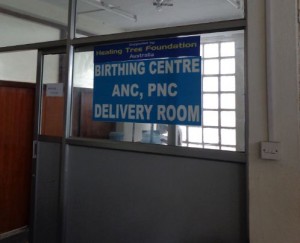
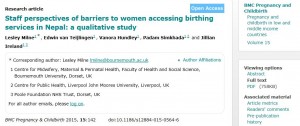











 Conversation article: London Marathon – how visually impaired people run
Conversation article: London Marathon – how visually impaired people run Horizon Europe News – December 2023
Horizon Europe News – December 2023